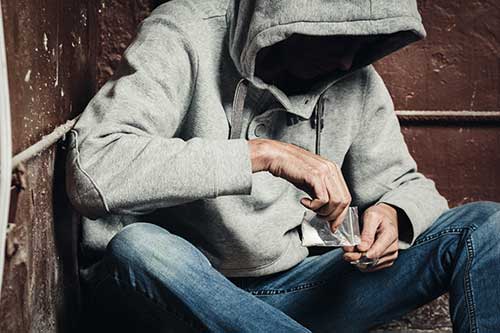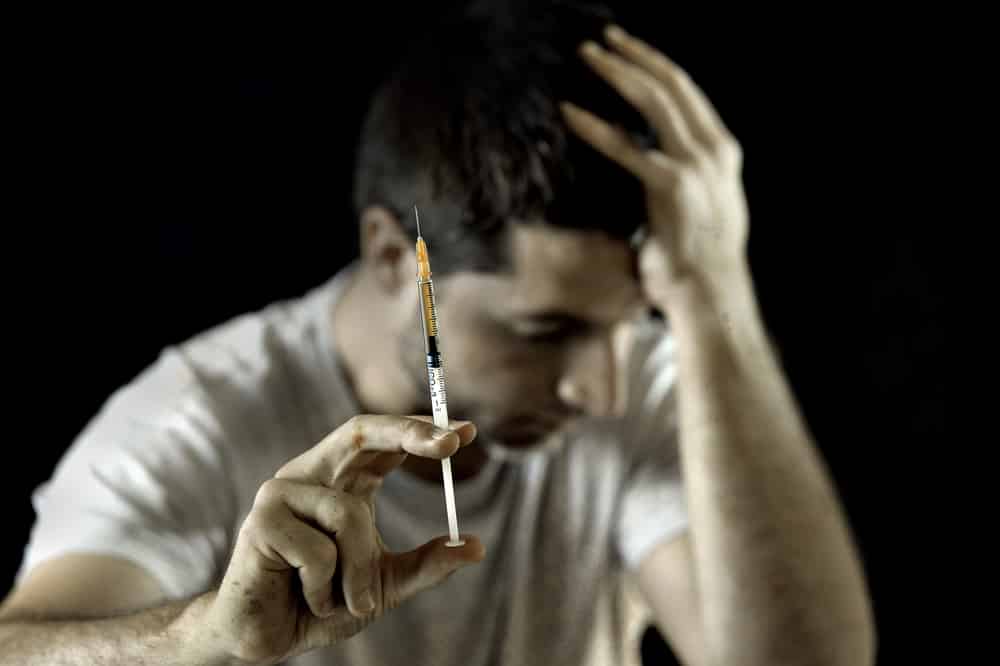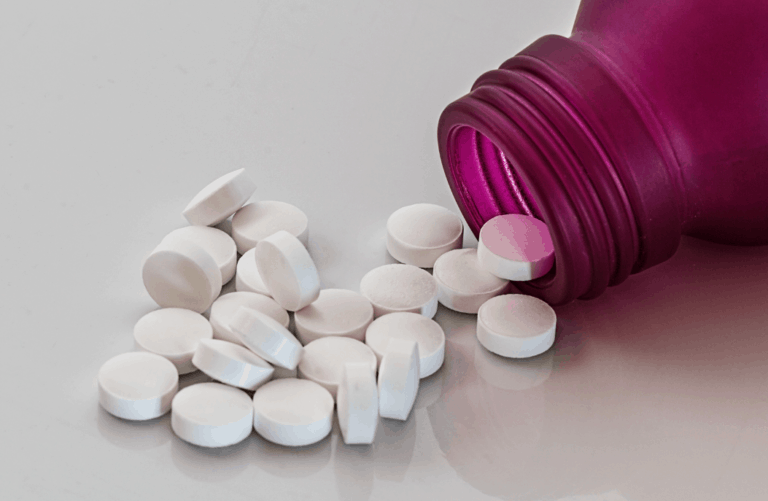Recovering from an addiction is difficult. Due to the many addictive substances that are available and abused, countless people struggle with this disease. Fortunately, recovery from addiction is possible. Depending on the drug that had been abused, different treatments may be required.
What is Heroin?
Heroin is an illicit, semi-synthetic opiate made from the drug morphine. When administered, this depressant produces intense euphoria and pain relief. Heroin releases an excess of dopamine, triggering the reward receptors in the brain. Opioids, especially heroin and fentanyl, are among the most addictive substances in the world. As central nervous system depressants, these opioids are the source of many fatal overdoses and have solely reinvigorated the third wave of the opioid epidemic. According to data collected by the Centers for Disease Control and Prevention, nearly 15,000 people died from a drug overdose involving heroin in the United States in 2018, a rate of almost 5 deaths for every 100,000 Americans.
Signs of Heroin Addiction
Heroin has a profound impact on an individual’s life and health. These signs are unique to heroin abuse. The following side effects are indicators that heroin use has become an addiction.
- Lethargy
As a central nervous system depressant, heroin slows down cognitive functioning. Individuals under the influence of this strong opioid will often appear drowsy, lose consciousness or be unable to keep their balance. Speech may also often be slurred.
- Viral Infection
Because injection is common among heroin users, the risk of contracting blood-borne viruses is very high. If an individual has contracted diseases such as hepatitis or HIV, it is a strong indicator that heroin addiction has fully developed.
- Scarred or Collapsed Veins
Because the most common method of heroin administration is injection, those suffering from this addiction will likely display injection scars on the body, most commonly in the arms. Frequent heroin injections will cause the veins to eventually collapse or become infected over time.
How to Recover from Heroin Addiction
If an individual begins exhibiting signs of addiction, such as a desperate need to continue use, professional treatment is crucial. In many cases, the first step in treating heroin addiction is undergoing detox. Because of the health complications that may arise during the detox process, it is highly recommended that the individual seeks medical assistance during this stage. Clinically supervised detox can guarantee that the individual can be safe during the withdrawal process.
Once an individual has shed all residual traces of heroin, it is important to seek additional care. Research has shown that behavioral therapies are very effective in treating addiction. Professional addiction therapists work with clients to develop healthy decision-making and coping skills to fight future temptations. Treatment within professional addiction treatment centers also reinforces sobriety by providing a support system among like-minded individuals.
Due to heroin being highly addictive and oftentimes fatal, addiction treatment within a qualified center increases the likelihood of maintaining sobriety significantly. Upon graduating from one of these programs, continued support within a 12-step group or aftercare program is very beneficial to maintaining life in recovery. These services help individuals gradually transition into independent, drug-free living.
We’re Here for You
Heroin is a highly addictive and life-threatening drug that inflicts long-term damage on the body when abused. It is important to seek help immediately if you or a loved one is struggling with this addiction. At Asheville Recovery Center, treatment specialists have developed a unique, hybrid model of treatment which combines a traditional 12-step program with holistic rehabilitation. A multitude of services, programs, and therapies are offered, including the Partial Hospitalization Program, Residential-style treatment, outpatient rehabilitation, and more.
The founders of Asheville Recovery Center, as well as many of our addiction therapists, have struggled with addiction and now enjoy life in recovery. They understand the struggles of addiction and how difficult it is to overcome alone. If you feel that you or a loved one is struggling with substance abuse, our specialists are on standby and ready to help. Call (828)518-6996 and speak with an addiction expert today so you can take the first step towards a rewarding life of sobriety.








